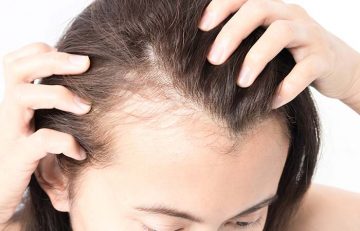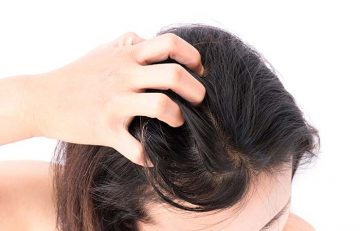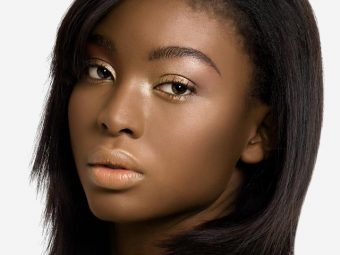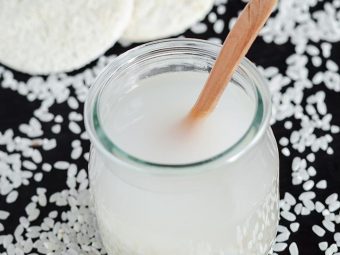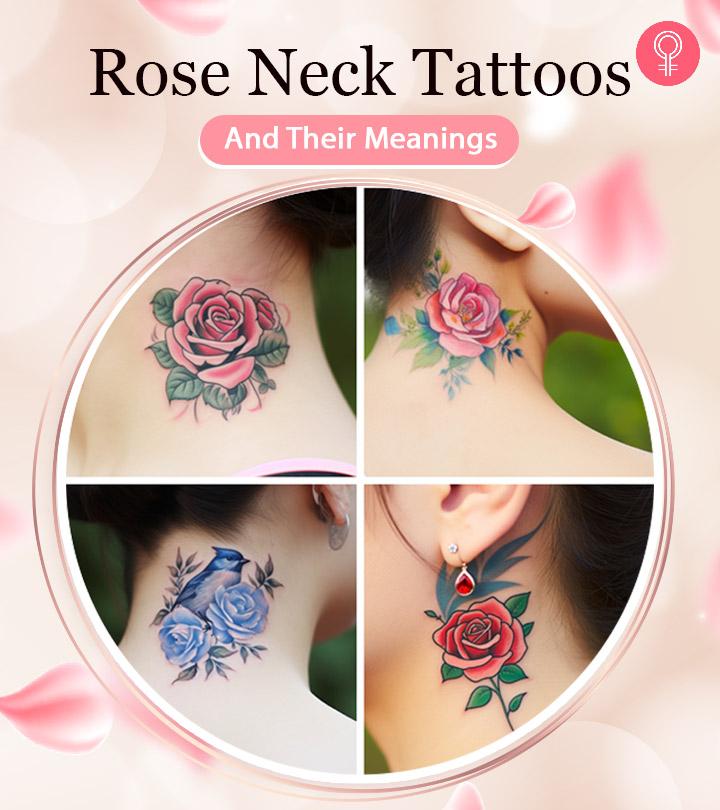What Your Hair Says About Your Health – Find Out Here!

Image: Shutterstock
Thick and luscious hair is a sign of great beauty and health. However, maintaining your hair and scalp is easier said than done. We all have bad hair days when we try brushing our hair only to find the hairbrush engulfed in our own damaged hair. Let’s not even get started about trying to get rid of split ends.
Having a dry and itchy scalp is a sign of weak and damaged hair. You may shampoo your hair every day and yet have an itchy head. One thing is for sure – the information in this article is going to surprise you.
Read on and find out how you can improve the health and condition of your scalp and hair.
1. Hair Loss In Specific Regions
If you are losing hair in certain regions of your scalp, you should consult a trichologist at the earliest. It is not normal to have bald patches on your head. Although losing hair is something that starts to happen to everyone as they age, it is still not normal to lose hair only in specific regions of your scalp. This type of hair loss is referred to as Alopecia Areata and is related to some alarming causes that you should be aware of:
- Undergoing an intense amount of stress or anxiety may trigger this condition.
- Suffering from auto-immune diseases such as infections and STDs where your immune system begins to attack your own hair follicles.
- Thyroid problems such as hypothyroidism will cause you to lose hair this way (1).
Alopecia Areata is very different from pattern baldness (Androgenetic Alopecia) (2). However, you shouldn’t panic if are suffering from this type of hair loss. A trichologist can prescribe treatments in order to help you regrow your hair.
2. Weak Hair With Split Ends
Brittle, weak hair that keeps appearingon your hairbrush is usually a sign that your body is lacking some essential minerals. People are under the assumption that hair loss is a sign that your body is lacking iron. However, it may also be due to chromium, zinc, potassium or even magnesium deficiency.
- Visiting a dietician can help you. You can discuss your nutritional deficiencies with him/her and find ways in which you can improve your diet and lifestyle.
- You should try to eat a more varied and balanced diet. Vegetarians should make sure they have a source of iron in their diet. Beans, dry fruits, and green vegetables such as spinach are some excellent choices for vegetarians who suffer from iron deficiency (3).
3. Dry Hair
Having dry hair does not mean that you are suffering from some kind of health problem. Almost all the time, dry hair is a result of external issues such as exposure to the sun and use of chemicals or hair dyes. However, you should be aware of the following facts since they can help prevent dry hair.
- Using an anti-dandruff shampoo can cause your hair to dry out. Anti-dandruff shampooscan help you get rid of dandruff; however, the strong chemicals in the shampoos absorb all the moisture from your hair. You should limit your use of anti-dandruff shampoos to a maximum of twice a week.
- Another type of shampoo that rapidly absorbs moisture from your hair is the one that helps make your dyed hair look bright and fresh. These shampoos contain a very high concentration of chemicals that dry your hair out really quick. You should limit your use of such shampoos to a maximum of once or twice a month.
- Spending a lot of time in the sun, being exposed to a lot of pollution or chewing tobacco can also be responsible for drying out your hair. You should massage your scalp with moisturizing oils (such as coconut oil) in order to lock moisture in your hair.
4. Itchy Scalp
People generally link an itchy scalp to lice or dermatological problems. However, one of the most common reasons for an itchy scalp is stress. Stress can be of two types:
- Recurrent stress: We all have undergone this type of stress in our lives. Our scalp tends to become really sensitive and itchy when we are facing a lot of pressure due to exams or work. This type of stress causes your metabolism to change, which, in turn, causes a lot of changes in your body.
- Post-traumatic stress: Stress caused by the loss of a loved one, being involved in an accident or experiencing a trauma can sharply increase the levels of cortisol in your body. In addition to having an itchy scalp, you may also notice that your hairhas started turning gray.
Your hair can speak a lot about your health, such as the minerals your body is lacking, the types of shampoos you are using, as well as the sorts of emotions you are feeling. Making sure you are eating well and avoiding stress will help keep you and your hair in good condition.

